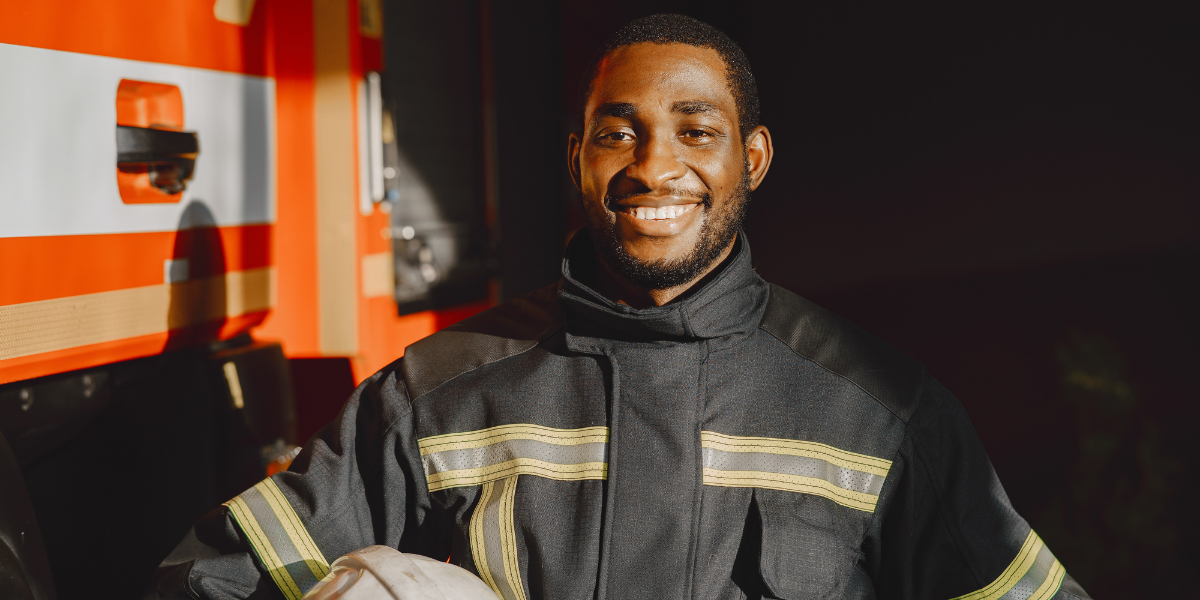
Are You Feeling Hypervigilant?
Have you ever experienced feeling nervous, as if you're missing something, or something is wrong, but you can't put your finger on it? Where you feel constantly on edge and alert or tense? People can experience this when they are in a place where they don't know anyone, at work always wondering whether or not they are going to miss something that will cause them to get fired, or frequently check in with their partner to see if "everything is okay" even though there is not a problem present. If this sounds like you, you may be experiencing hypervigilance, a phenomenon that can significantly impact your day-to-day life.
What is hypervigilance?
Hypervigilance is a state of abnormally increased awareness and sensitivity to stimuli in our environment. Typically, this is connected to post-traumatic stress disorder (PTSD). However, just because someone does not have this diagnosis doesn't mean they cannot develop these behaviors. Hypervigilance is something that can manifest on its own. People with hypervigilance may find themselves frequently aware of their environment, always looking for and preparing for potential danger, whether in physical or emotional form.
The impact of hypervigilance on our daily lives can be surprising. First, it can cause mental and emotional burnout. The constant activation of our fight-or-flight response can drain our energy and leave us feeling mentally drained. Being in a constant state of high alertness can lead to irritability, emotional volatility, and even paranoia. Being in this state can also cause exhaustion, which takes away from our ability to concentrate, solve problems, feel present, feel content in relationships, and even make simple decisions.
Hypervigilance can gradually erode our sense of safety and trust. When we are hyper-aware of potential threats, feeling secure in our daily activities becomes challenging. Simple things like spending time with friends or walking can trigger feelings of anxiety and discomfort, making us withdraw and avoid life-enriching experiences.
How to seek help
What can be done to manage and mitigate hypervigilance's impact on our day-to-day lives? A significant first step is seeking professional help from a therapist or counselor who can offer valuable support and guidance. A part of our job is to help identify when a person experiences hypervigilance so we can explore the underlying causes. Then, we can discuss strategies and teach coping mechanisms to reduce its intensity.
Practicing relaxation and stress-reduction techniques, such as deep breathing and meditation, or engaging in hobbies that promote calmness or mindfulness can help significantly with stress and hypervigilance. These activities can help regulate our nervous system and provide a sense of control when our minds and bodies feel overwhelmed.
As we build awareness of our own or other's hypervigilance, it can be surprising how it can significantly impact our day-to-day lives. By understanding its effects and implementing self-care strategies, you can start reclaiming a sense of calm, safety, and normalcy. Seeking professional help and building a support network are essential to managing hypervigilance and fostering greater well-being. Start your journey toward reclaiming that sense of calm by connecting with our group’s creative, collaborative practice at Lifeologie Counseling Austin or request an appointment with me. I specialize in treating anxious and addictive behaviors and incorporate mindfulness techniques to help you learn to reclaim your well-deserved sense of calm. I look forward to listening to your story and helping you start a new narrative.

About Calvin Burns
Calvin Burns, MA, LPC, LCDC-I, earned his BA in Psychology with a minor in Human Development and Family Studies from Texas Tech University and earned his Master's in Counseling from Dallas Theological Seminary. He specializes in disordered eating, addictive behaviors, depression, anxiety, parenting support, adolescents/emerging adults, and couples counseling. He brings unwavering hope to his clients, and firmly believes that people can change and their stories can be rewritten. He sees adolescents, young adults, adults, couples and families at Lifeologie Counseling Austin.
Meet Me
.png)


